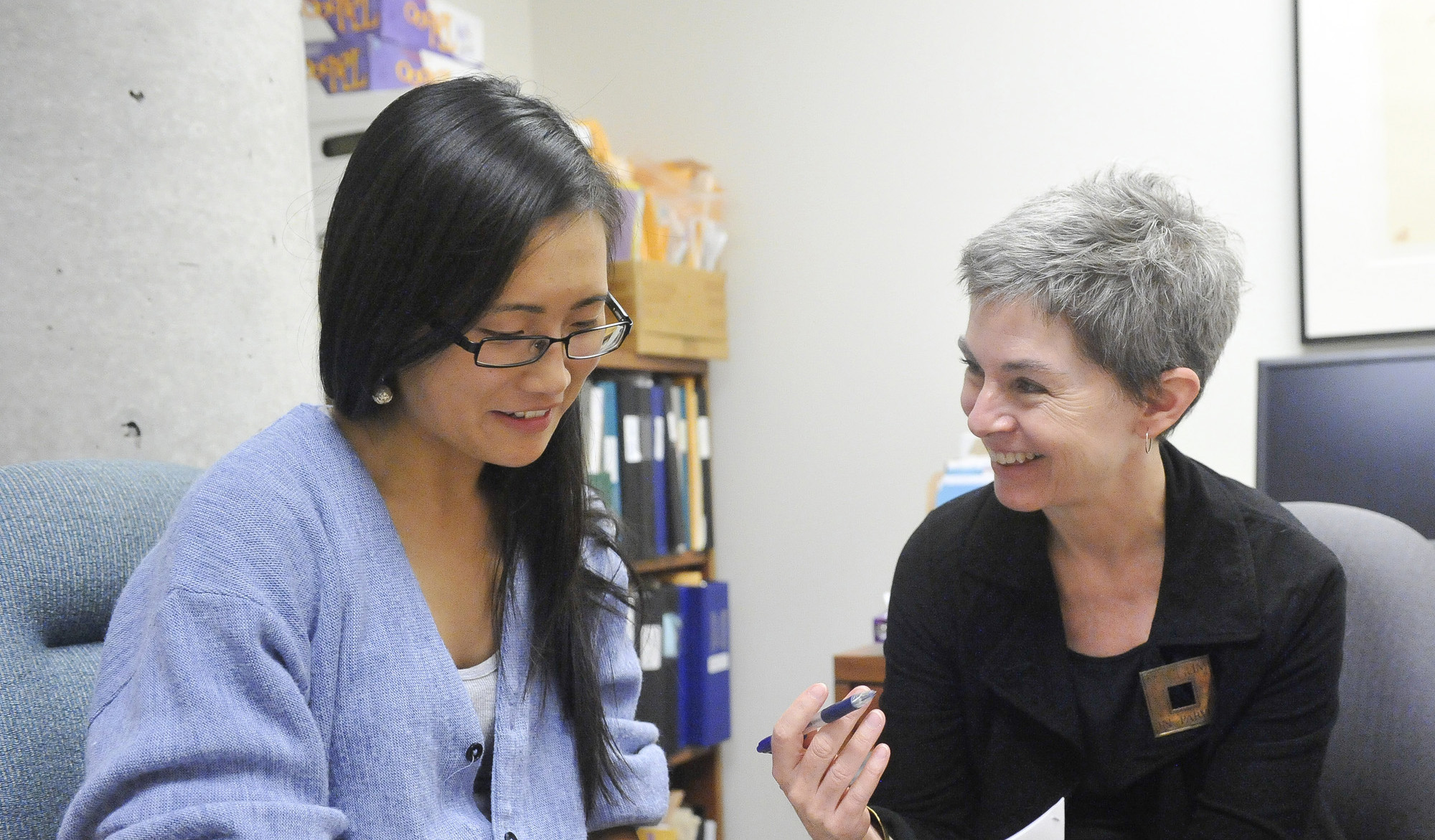Supervision Support
On This Page
If you’re enrolled in a thesis-based graduate program, you will conduct your own research under the guidance of a supervisor. You are responsible for selecting your research topic and seeking out a potential supervisor.
The supervisory relationship is a foundation of graduate education, particularly in the doctoral-stream programs.
The success of good supervision is a shared responsibility. It depends on both student and supervisor communicating well, being tolerant and understanding, and each holding the other to high standards. The graduate unit (department, centre, or institute) also plays a role, providing clarity and consistency of expectations, upholding academic standards, administering the program fairly and effectively, and intervening where necessary to help resolve problems.
The success of good supervision is a shared responsibility.
Getting started
Choose a supervisor
The responsibility to find a supervisor, in most graduate units, rests with the student. Securing a supervisor may however even be a condition of admission. Some graduate units assign a supervisor, typically in master’s programs. How do you know? Check your graduate handbook or with your graduate administrator.
Full members of graduate faculty may serve as the sole or major thesis supervisor for either doctoral or master’s students in the graduate unit while associate members of graduate faculty may serve as members of a doctoral supervisory committee, but may only be the sole or major supervisor for master’s students.
Faculty members A to Z listing.
Get advice & support
Talk to your graduate unit. Read your graduate handbook. Know what procedures your graduate unit has in place to help you find a supervisor, or to change a supervisor in the unlikely event that becomes necessary.
The SGS Graduate Supervision Guidelines – Students is a good resource, a set of best practices, general guidelines, policies, and suggestions that provide direction on choosing a supervisor, establishing a supervisory committee, and maintaining a productive working relationship among all three. The guidelines include a supervision checklist for students.
Working with your supervisor
Maintain healthy supervisory relations
A doctoral student is expected to meet with the supervisory committee at least once a year, and more often if the committee so requires. Supervisory Committee meetings are vital for
monitoring doctoral progress in a doctoral program.
The supervisory committee consists of your supervisor and at least two faculty members. Its role is to provide support to you and your supervisor by broadening and deepening the range of expertise and experience available, and by offering advice about, and assessment of, your work. Graduate students who establish their supervisory committees early in their programs and who meet with their committees regularly, tend to complete their degree programs successfully, and sooner than students who wait to establish their committees.
Further information on maintaining good academic standing and supervision is found in the General Regulations section of the SGS Calendar and on the policies and guidelines page of this website.
Identify clear expectations
Your supervision relationship will benefit from having clear, shared expectations with your supervisor. Set timelines for each stage of work. Identify preferred methods of communication. Discuss
intellectual property issues. Complete an intellectual property awareness form. Identify publication expectations and other matters.
Know your deadlines
All doctoral students are required to have a supervisor and supervisory committee in place by the end of the second year of their program. Some graduate units have earlier deadlines. Securing a supervisor, supervisory committee and an approved thesis proposal is a requirement for doctoral students to achieve candidacy in their program. Know your deadlines. Compliance with the deadlines is required to maintain satisfactory progress and good academic standing in your degree program.
Recognize your supervisor
Do you know a great graduate supervisor who has made a big difference in a student’s development as a researcher and in pursuing future academic and professional careers? The School of Graduate Studies Supervision Awards aim to recognize outstanding performance in the multiple roles associated with graduate student supervision. Each year, two JJ Berry Smith Doctoral Supervision Awards and two SGS Early Career Supervision Awards will be offered to successful nominees: one of each award in the Humanities/Social Sciences and in the Physical/Life Sciences. Recognize your supervisor.
When problems arise
The University has both informal and formal processes and pathways for resolving problems. SGS encourages and support the efforts of students to address their concerns as early as possible.
Need support? Check out the new Conflict Resolution in Graduate Studies: A Guide to Help and Support.
Need more support?
The new SGS Centre for Graduate Mentorship and Supervision is here to support you. You can contact CGMS at any time to discuss your concerns, ask for advice, or to help facilitate next steps.

